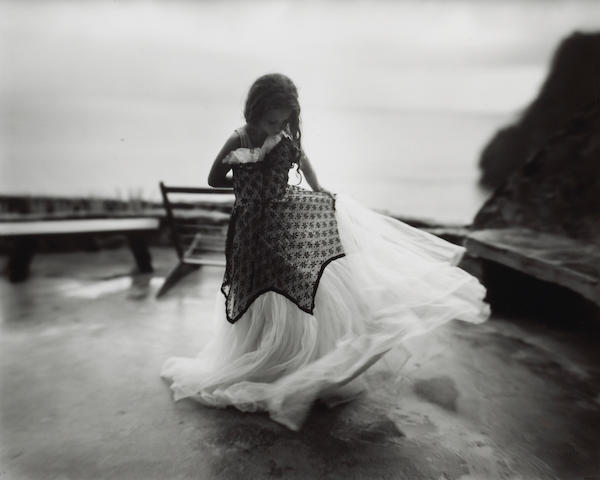... 'minor feelings' being, as glossed by Hong in this remarkable collection of linked essays:
the racialized range of emotions that are negative, dysphoric, and therefore untelegenic, built from the sediments of everyday racial experience and the irritant of having one's perception of reality constantly questioned or dismissed. ... minor feelings of paranoia, shame, irritation, and melancholy.
... these emotions do not conform to the archetypal narrative that highlights survival and self-determination. Unlike the organizing principles of a blidungsroman, minor feelings are not generated from major change but from lack of change, in particular, structural racial and economic change. ... the literature of minor feelings explores the trauma of a racist capitalist system that keeps the individual in place. It's playing tennis "while black" and dining out "while black". It's hearing the same verdict when testimony after testimony has been given.
... minor feelings are "non-cathartic states of emotion" with "a remarkable capacity for duration." ... Minor feelings occur when American optimism is enforced upon you, which contradicts your own racialized reality, thereby creating a static of cognitive dissonance. ...
Minor feelings are also the emotions we are accused of having when we decide to be difficult - in other words, when we decide to be honest. When minor feelings are finally externalized, they are interpreted as hostile, ungrateful, jealous, depressing, and belligerent, affects ascribed to racialized behavior that whites consider out of line. Our feelings are overreactions because our lived experiences of structural inequity are not commensurate with their deluded reality.
There's so much to Minor Feelings, dealt with so deftly and with such focused anger and insight. For me, it's most impressive at four inter-related levels:
- In the way it brings together the underlying issues surrounding race (political, economic, social, historical, cultural), what it is to 'be' Asian American, and the specificity of Hong's own experience;
- Relatedly, in its interrogation of the idea of 'we' that underpins any writing about race - "I feared the weight of my experiences - as East Asian [Korean], professional class, cis female, atheist, contrarian - tipped the scales of a racial group that remains so nonspecific that I wondered if there was any shared language between us";
- In the incisiveness and clarity of its analysis - particularly the impossibility of separating any of what she writes about from the operations of capitalism and imperialism - and its mode of presentation, which has the force and directness of the best polemic and a nuance and acknowledgement of complexity that the form often sacrifices in pursuit of its advocacy aims; and
- In its structure - multi-faceted in a way that feels like not only the most ethically sound way to approach such a multi-faceted topic and the challenges of writing with and about the experiences of others, but also the most effective at the level of both craft and argumentation.
In a way, Hong's method is hermeneutic, taking a series of historical and personal events as texts to be interpreted and illuminated - so we get the 1992 LA riots, Richard Pryor, seminal writer and artist Theresa Hak Kyung Cha (and her rape and murder in 1982), Yuri Kochiyama and her life in activism before and after the photo of her cradling Malcolm X's head after he was shot dead in 1965, and more, each elaborated in its wider significance and entwined with Hong's own life experiences.
(from a piece of Cha's, but the image is of her sister not herself - something that Hong unspools in her own portrait of the artist)
But actually my favourite individual section - the essays themselves are so well-connected thematically that it makes more sense to think in terms of sections than in terms of the nominal essay delineations - is the extended one about Hong's college friendships with two other Asian American women, both artists.
I heard about this book through Jia Tolentino's typically spot-on
review of it.







